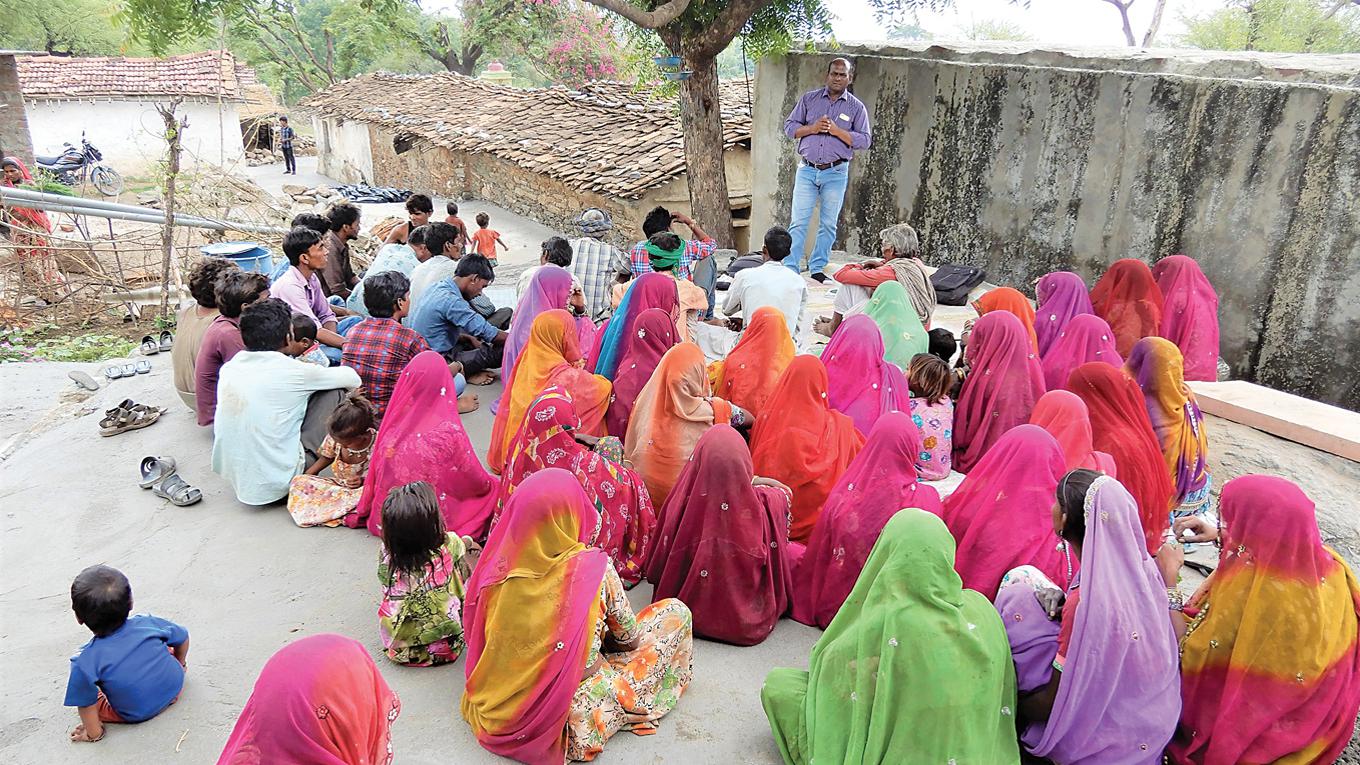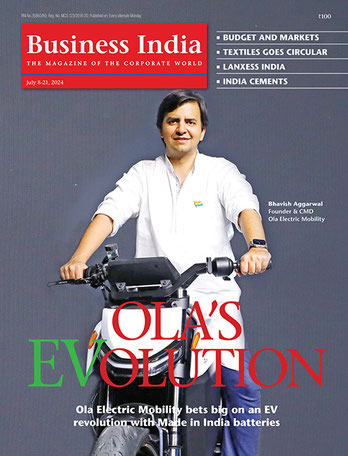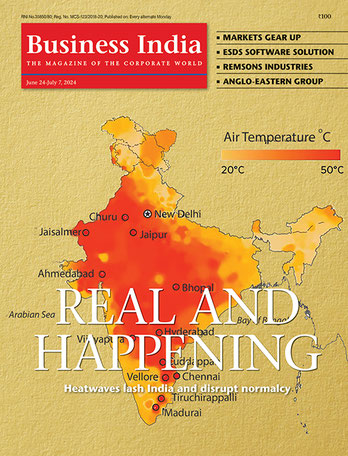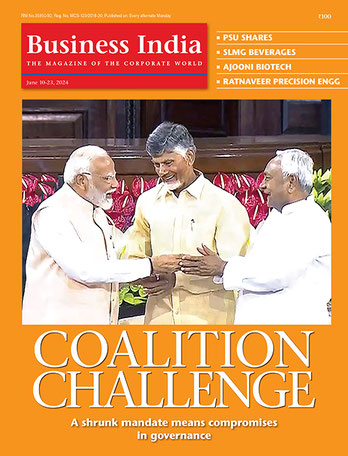-

Training villagers in self-sufficiency
he Integrated Community Development Programme (ICDP) was designed and launched in 2014-15 under L&T’s CSR theme of ‘Building India’s Social Infrastructure’. It aims at comprehensive development of backward water-stressed rural communities by becoming self-sufficient in water for drinking, sanitation and agriculture in 32 villages of Maharashtra, Rajasthan and Tamil Nadu. It is a collaborative effort between L&T, its partner NGOs and the target communities. In the first phase of the programme, extensive watershed development activities were undertaken to increase water conservation and recharge groundwater levels. As the communities were gaining self-sufficiency in water, they were trained to build and use household toilets and end open defecation with a focus on behaviour change. With increasing areas of land being brought under cultivation and multi-cropping, access to the market for agricultural produce gained focus. Generating multiple livelihood opportunities linked to stable markets through institutional partnerships, counselling and connecting the youth to the job market and creating self-sustaining micro-enterprises were key components of the next phase in the programme. Learning support for vulnerable children in the community is being planned to ensure that they are in school and learning well. Multi-disciplinary approach The NGO partners like the United Nations Development Programme (Maharashtra), National Agro Foundation (Tamil Nadu), Arpan Seva Sansthan (Rajasthan) among many others bring significant expertise to on-ground implementation and the community plays a crucial role in driving the programme through its active participation by organizing community members into various groups such as village watershed committees for effective management of water re-sources, SHGs for income generation activities, Nigrani Samitis for community sanitation work, and community cadre to provide expertise for various livelihood opportunities including micro-enterprises. This makes the target communities key stakeholders in their own holistic development. To effectively combine social and technical interventions, L&T adopted a multi-disciplinary approach. A team of civil, mechanical and environmental engineers are involved in the design and vetting of technical interventions, the finance team is involved in financial procedures and a team of social scientists are involved in facilitating processes of programme design, community engagement and project management. In the last five years, L&T has reached more than 73,000 people across 43 villages through the ICD programme with an annual CSR spend of around Rs25 crores. The programme is being extended to other water-stressed communities of Tamil Nadu and Gujarat.
Biogas
BioEnergy will showcase its innovative biogas technology in India
Mobility
Ather aims to produce 20,000 units every month, soon
Green Hydrogen
German Development Agency, GIZ is working on a roadmap for a green hydrogen cluster in Kochi
Renewable Energy
AGEL set to play a big role in India’s carbon neutrality target



















